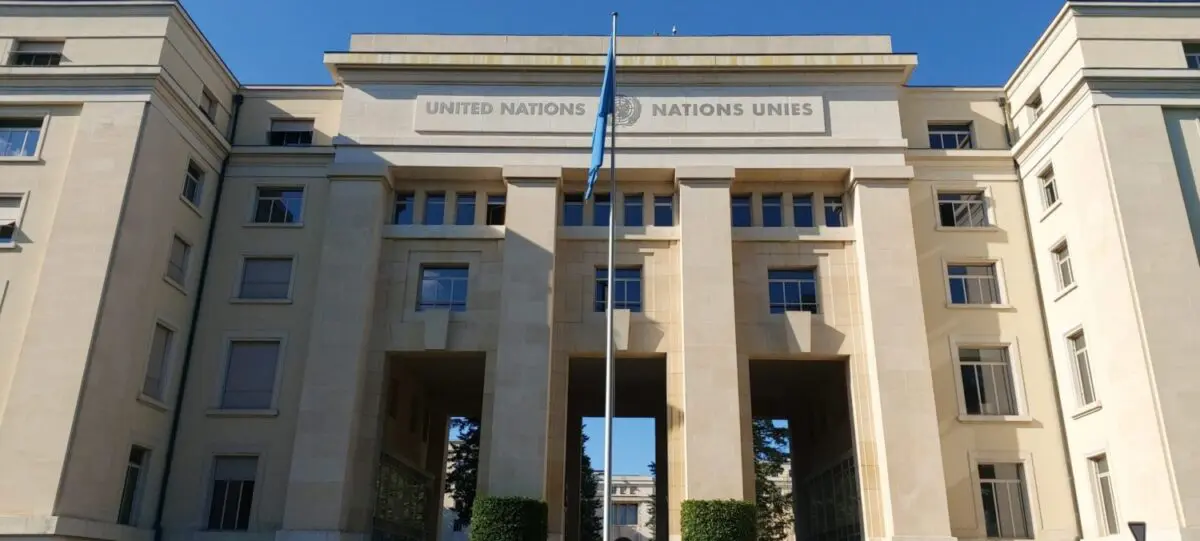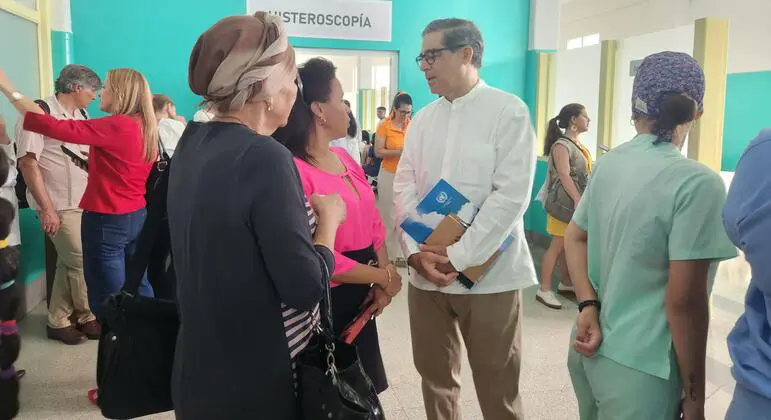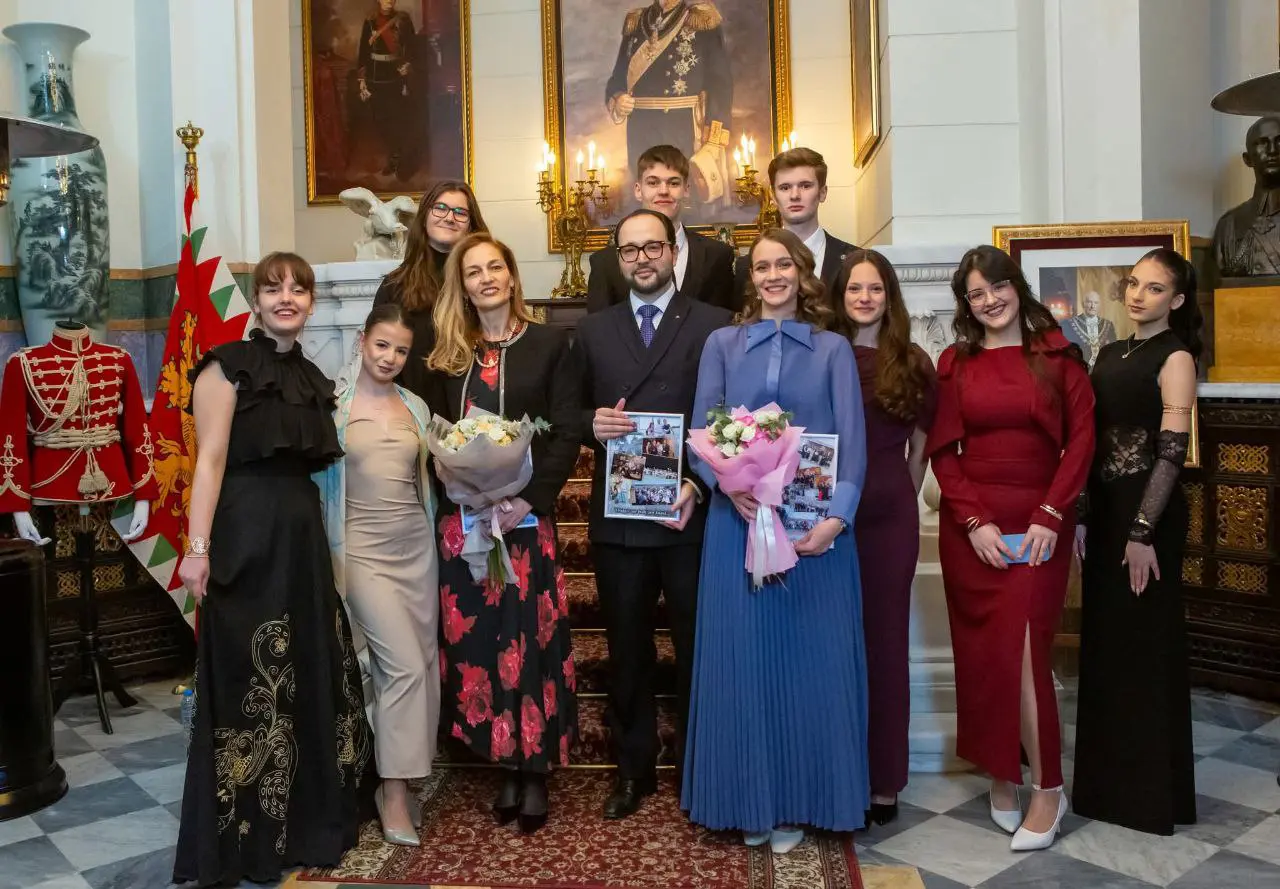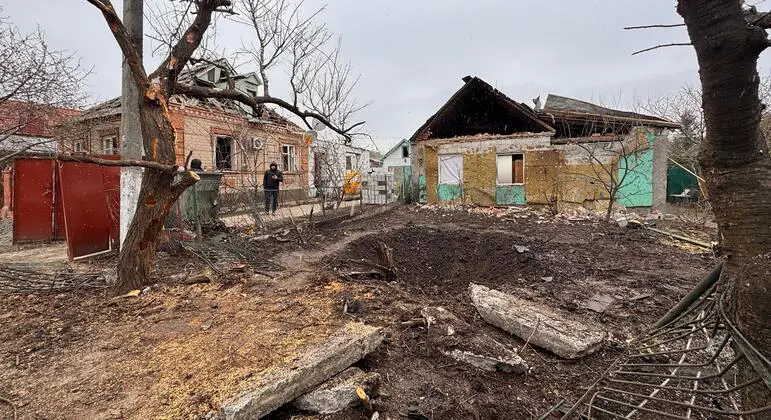On June 30, 2022, in Geneva, the United Nations Human Rights Council held an Interactive dialogue on the oral briefing of the International Commission of Human Rights Experts on Ethiopia.
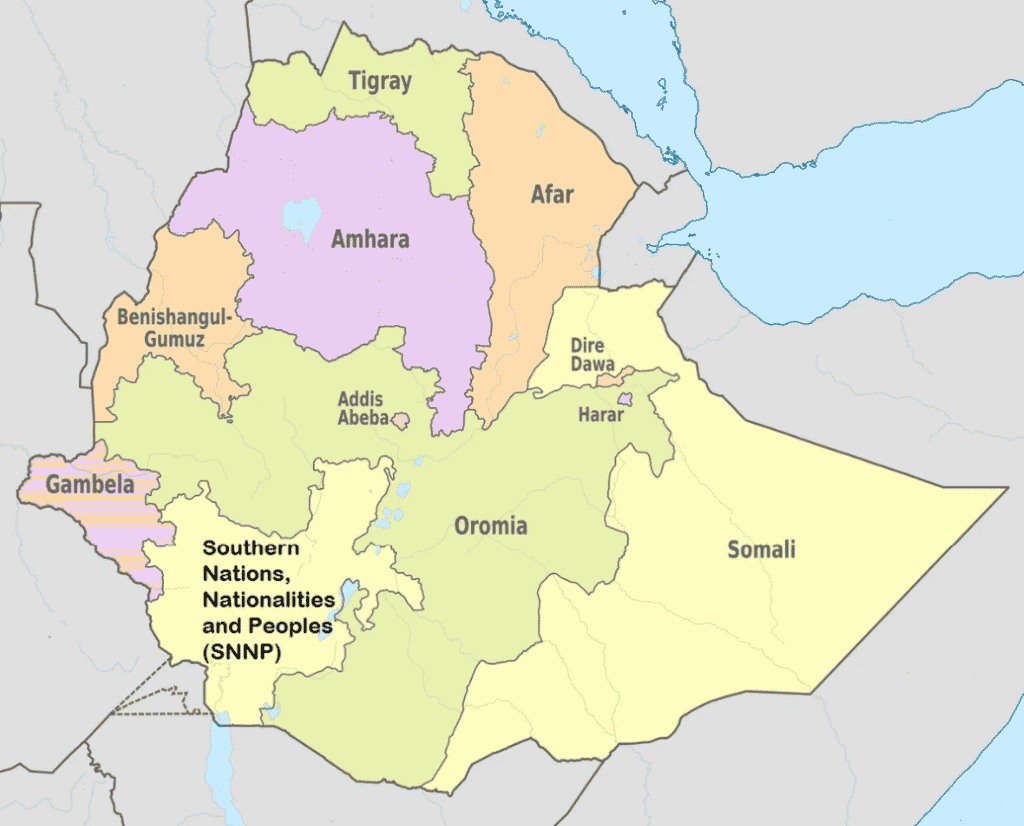
Ms. Kaari Betty Murungi, Chairperson of the UN Commission of Human Rights Experts on Ethiopia exposed the work progress of the Commission on the human rights situation in Ethiopia.
Ms. Murungi presented the mission of this Commission as being « an independent and impartial entity mandated to conduct investigations to establish the facts and the circumstances surrounding alleged violations and abuses of International Human Rights Law, International Humanitarian Law and International Refugee Law, committed by all parties to the conflict in Ethiopia since 3 November 2020. The Commission is also mandated to provide guidance and technical support on transitional justice including accountability, national reconciliation, healing and make recommendations to the Government of Ethiopia on these measures ».
She added that “The Commission is alarmed that violations and abuses of international human rights, humanitarian and refugee law – the subject matter of our inquiry – appear to be perpetrated with impunity even now by various parties to the conflict in Ethiopia. This spread of violence and the dire humanitarian crisis made worse by lack of access in some areas by the civilian population to humanitarian assistance including medical and food aid, obstruction of aid workers and persistent drought, exacerbates the suffering of millions of people in Ethiopia and the region. The commission emphasizes the responsibility of the Government of Ethiopia to bring to an end such violations on its territory and, bring those responsible to justice. In this context, the Commission’s work is absolutely central to the Council’s response to the violence.”
Ms. Murungi also drew the attention of the Human Rights Council to the difficulty for her team to conduct this mission due to « the Commission was not allocated sufficient resources to fill the number of staff position it needs and still requires additional resources. » and that « we still lack the staff needed to carry out our mandate. That mandate includes the collection and preservation of evidence to support accountability efforts, and for this, we require adequate resources.”
Ms. Murungi also calls on the Ethiopian government to have « access to Ethiopia».
She also stressed that it is important for an impartial and comprehensive investigation « to meet and engage with victims and witnesses in conflict-affected areas, as well as with the Government, and other stakeholders. We also wish to meet with regional institutions based in Ethiopia.”
The Permanent Representative of the Ethiopian government has assured his willingness to resolve the conflict and to collaborate in this investigation by allowing access to Ethiopian territory to the Commission’s Experts.
Finally, Ms. Murungi stated on behalf of the Commission’s Experts: “We are hopeful that the consultations in Addis Ababa will result in access for our investigators to sites of violations to be identified, and to survivors, victims and witnesses.”
In conclusion, she called on the President of the Council to express her concern about the deteriorating situation in Ethiopia and urged the Council as follows: « Despite other crises that the council must deal with, Member States must not look away from the situation in Ethiopia. As stated earlier, we are extremely alarmed by ongoing atrocities against civilians, including events reported in the Oromia Region. Any spread of violence against civilians, fuelled by hate speech and incitement to ethnic-based and gender-based violence, are early warning indicators and a precursor for further atrocity crimes. These and the protracted humanitarian crisis including blockades to food and medical aid, supplies and services poses grave risk to the Ethiopian civilian population and the region.”
To highlight the need to extend the mandate of the UNHRC to Wellega, Benishangul Gumuz and Shewa where mass killing of Amharas is taking place. Ms Murungi also said :
“Despite this progress, and as noted earlier, we still lack the staff needed to carry out our mandate. That mandate includes the collection and preservation of evidence to support accountability efforts, and for this, we require adequate resources. For example, the most recent events in Western Oromia, clearly fall within the mandate of the Commission and require immediate, urgent and thorough investigations, yet we lack the capacity to do so. I will be frank and say that if this Council expects us to achieve what it requested last December, we need more resources. We appeal to member states for technical (including individuals with relevant expertise), logistical and financial support.“
Several Member States participated in the debate. The vast majority supported, as did the European Union Delegation, the fact that :
« The gravity and scale of human rights violations and abuses perpetrated by all parties during this conflict remains appalling. This includes widespread sexual and gender-based violence. Extrajudicial killings and arbitrary detentions must stop. There will be no peace without full accountability and justice for victims.”
The EU delegation has also made a “call on all involved parties to the conflict to cooperate with the mandate of the International Human Rights Experts and allow for comprehensive, independent and transparent investigations and accountability mechanisms, complementary to ongoing national efforts. This international mechanism contributes to building trust and to preventing further atrocities.”
Other European Union countries have expressed their concern about the situation in Ethiopia, particularly in the regions of Tigray, Afar and Amhara.
Here after are given the statements of some EU countries that have expressed their deep concern about the deterioration of the situation in these regions:
UN Permanent Representative of France:
“It is essential that an independent and impartial process to fight impunity for perpetrators of abuses be implemented. There will be no peace without accountability for the perpetrators and justice for the victims. This is an essential condition for sustainable stabilization and the prevention of new cycles of violence.”
UN Permanent Representative of Lichtenstein:
“Numerous cases of serious and wide-scale human rights violations and abuses have been reported, including enforced disappearances, forced displacements, sexual violence, torture, as well as arbitrary and mass killings. We strongly condemn any such acts.
The lack of information about and the hindrance of access to immediate crisis situations within the conflict area further aggravate the humanitarian situation. The withholding of humanitarian assistance and services further magnifies the suffering of civilians.
We call on all parties to the conflict to hold thorough and impartial investigations into all allegations of serious violations and abuses of international human rights law and international humanitarian law, in particular of recent killings in Western Ethiopia as reported by the High Commissioner for Human Rights”
UN Permanent Representative of Germany:
“The killings of hundreds of people in the West Wollega zone last week, forcing thousands to flee and some having reportedly been abducted was a horrific act. Reports like these remind us, that armed conflicts in Ethiopia must end and accountability for victims must be ensured.”
UN Permanent Representative of Netherlands:
“Recent outbursts of violence in the Oromia region, as well as in Benishangul-Gumuz and Gambella, have unfortunately again resulted in various grave human rights abuses and violations and violations of international humanitarian law by different parties. They are a tragic reminder that violence driven by political marginalization and the urge for transitional justice, national reconciliation and healing are not just limited to Ethiopia’s Northern parts.”
UN Permanent Representative of Luxembourg:
“13 million people are in need of urgent food aid in northern Ethiopia. My country condemns the use of hunger as a weapon of war and we call on all parties to the conflict – first and foremost the governments of Ethiopia and Eritrea – to remove all obstacles to humanitarian access to the regions of Tigray, Afar, and Amhara.
Recent reports of ethnic cleansing, as well as other war crimes and crimes against humanity, are extremely disturbing.
We urge the Ethiopian government to seize the opportunity to cooperate fully with the International Commission of Human Rights Experts and conduct independent and credible investigations into all human rights violations and abuses.”
A few NGOs were able to express themselves on the situation in Ethiopia and alert the Council, the Member States and the Commission’s Experts on the serious human rights violations and atrocities that are being committed there.
Some shared their reports on what is occurring on the ground, alerting to what is going on for certain ethnic groups such as the Amharas, who need to have the atrocities they are suffering focused on and included in the Commission’s investigation.
As Christian Solidarity Worldwide (CSW) which informed that « On 18 June at least 200 people, mostly Amhara, were killed amid disputes regarding responsibility” and CIVICUS that is “seriously alarmed by reports of crimes against humanity amidst a wide range of human rights violations, including mass killings, sexual violence, and military targeting of civilians. On 18 June more than 200 people, mostly from the Amhara ethnic community, were reportedly killed in an attack in the country’s Oromia region. About 12 journalists were arrested and detained incommunicado. Two have been reported murdered.”
And it was CAP Liberté de Conscience together with Human Rights Without Frontiers that alerted the Council, the Member States and the Commission’s Experts on this specific issue suffered by Amharas civilians, by submitting an oral statement about Ethiopia’s mass arrests of Amharas:
“CAP Liberté de Conscience along with Human Rights Without Frontiers and other international NGOs, we are very concerned about a recent wave of mass arrests and disappearances of Amhara activists, journalists and other critics by the Ethiopian federal government.
More than four thousand five hundred people were arrested in the Amhara region by the end of May, officials said.
Amongst them:
a four-year old boy Ashenafi Abebe Enyew
a seventy six year old historianTadios Tantu
academician Meskerem Abera
journalists. Temesgen Desalegn and Meaza Mohammed
By mid-June, the little boy, the academician, and journalist Meaza were released after spending some time in detention.
The Amharas, the second-largest ethnic group in Ethiopia, have repeatedly complained about the lack of protection of the federal government when Tigray and Oromo forces invaded their region and attacked civilians.
We recommend that the International Commission of Human Rights Experts on Ethiopia investigate the recent mass arrests of Amharas, locate their places of detention and the way they are treated.”
Today 12 000 Amharas are in detention.
Amongst them :
- journalist Temesgen Desalegn. The court has decided that he should be liberated but the government refused to release him. He is still in prison with false accusations of the federal government.
- Mr. Sintayehu Chekol from Balderas Party detained in Behar Dar and released from prison by Amhara regional authorities on the June 30, 2022 but hijacked right at the door of the prison by federal forces and imprisoned in Addis Ababa.
- Other journalist like Mr. Wogderes Tenaw Zewdie arrested on the 2nd of July 2022.
- Other journalist from Ashara Media also are still in detention.

